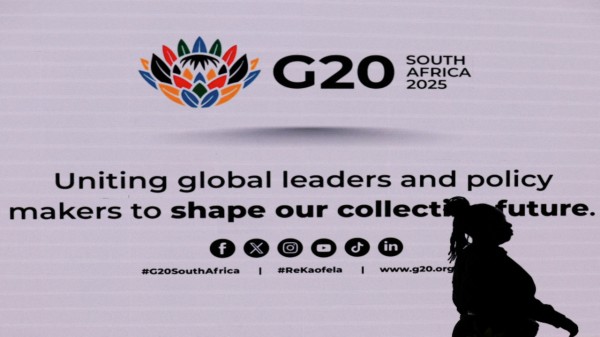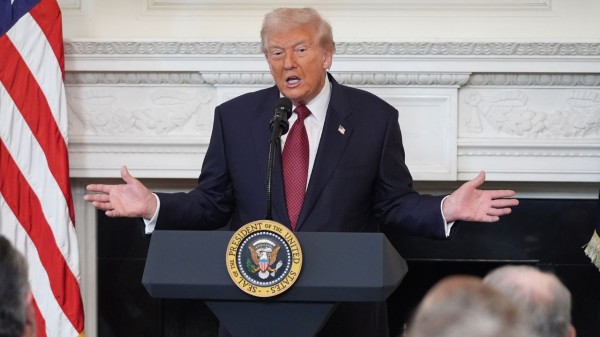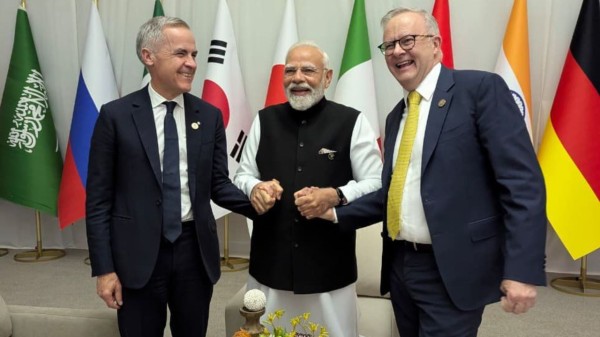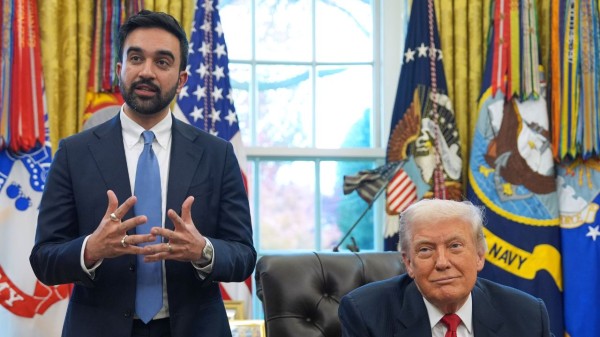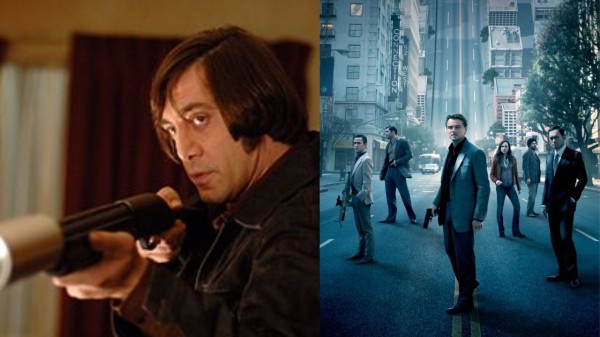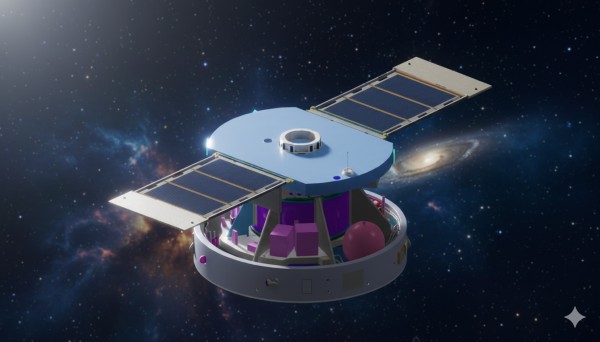

By signing in or creating an account, you agree with Associated Broadcasting Company's Terms & Conditions and Privacy Policy.


By signing in or creating an account, you agree with Associated Broadcasting Company's Terms & Conditions and Privacy Policy.
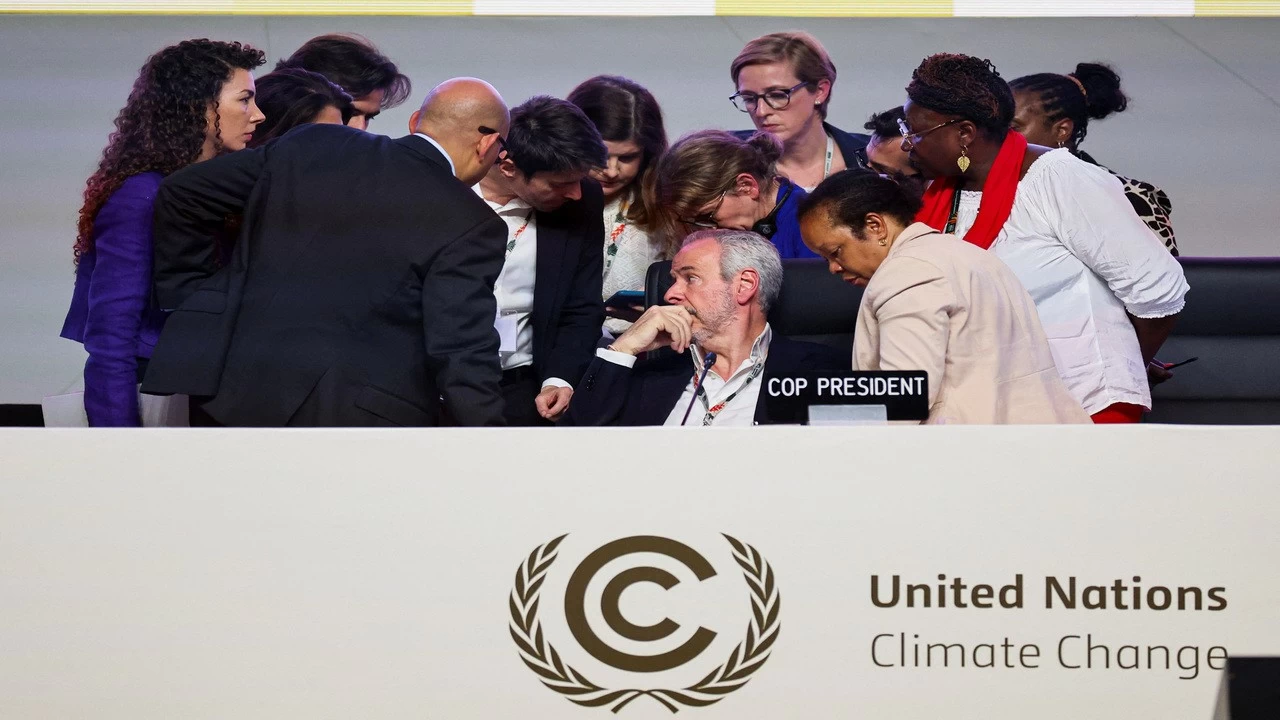
New Delhi: After lengthy and heated discussions, a major prospective plan of action has come out of the Brazilian COP30. World leaders agreed to a deal that seeks to address today’s worsening crisis, while there certainly are things it did not address, there have been significant positive strides in it as well.
The text was approved on Saturday afternoon after negotiations stretched through the night. Going beyond the expected close of the two-week COP30 summit, the deal comes at a contentious point of difference on use of fossil fuels.
The latest plan coming out of the COP 30 “calls for efforts to triple adaptation finance” by 2030. It also plans to launch a presidency-led “Belém mission to 1.5C” alongside a voluntary “implementation accelerator”, as well as a series of “dialogues” on trade. It “decides to establish” a two-year work programme on climate finance.
The summit also launches a voluntary initiative to speed up climate action to help nations meet existing pledges to reduce emissions. A major point of the deal is to call for developed countries to help developing countries in meeting their financial goals to combat climate change.
The agreement also pledges to review climate-related trade barriers and calls on developed nations in turn to “at least triple” the money given to developing countries to combat climate change consequences. It then urges “all actors to work together to significantly accelerate and scale up climate action worldwide” with the aim of keeping the 1.5 degrees Celsius.
The significance of the plan cannot be understated and it is also understandable that such a plan would not be satisfactory to all parties included, especially as it surrounds a topic as contentious and urgent as climate change.
As a result, many parties involved in the discussions and those impacted by the deal spoke out on it. Wopke Hoekstra, the European Union’s climate commissioner, for example, said the outcome was a step in the right direction, but the bloc would have liked more. “We’re not going to hide the fact that we would have preferred to have more, to have more ambition on everything,” Hoekstra said.
France’s ecological transition minister, Monique Barbut, was seen to be a little critical of the final plan, saying how it was a “rather flat text”. Making clear his ambivalence, he further added that it would not be opposed in Europe as “there is nothing extraordinarily bad in it”.
Cuban Foreign Minister Bruno Rodriguez Parrilla also said in a social media post that while the outcome “fell short of expectations”, the meet in itself demonstrated the importance of multilateralism needed to combat climate change. Speaking during Saturday afternoon’s closing session in Belem, COP30 President Andre Aranha Correa do Lago acknowledged that several countries as well as civil society groups “had greater ambitions for some of the issues at hand”. “As President Lula said at the opening of this COP, we need roadmaps so that humanity – in a just and planned manner – can overcome its dependence on fossil fuels, halt and reverse deforestation and mobilise resources for these purposes,” Correa do Lago said.
Perhaps encapsulating much of the feelings, the head of the U.N. climate secretariat (UNFCCC) praised everyone for coming to some consensus in a year of denial and division, even if the deal was not satisfactory to everyone’s demands. "I'm not saying we're winning the climate fight. But we are undeniably still in it, and we are fighting back," UNFCCC Executive Secretary Simon Stiell said in a statement.
